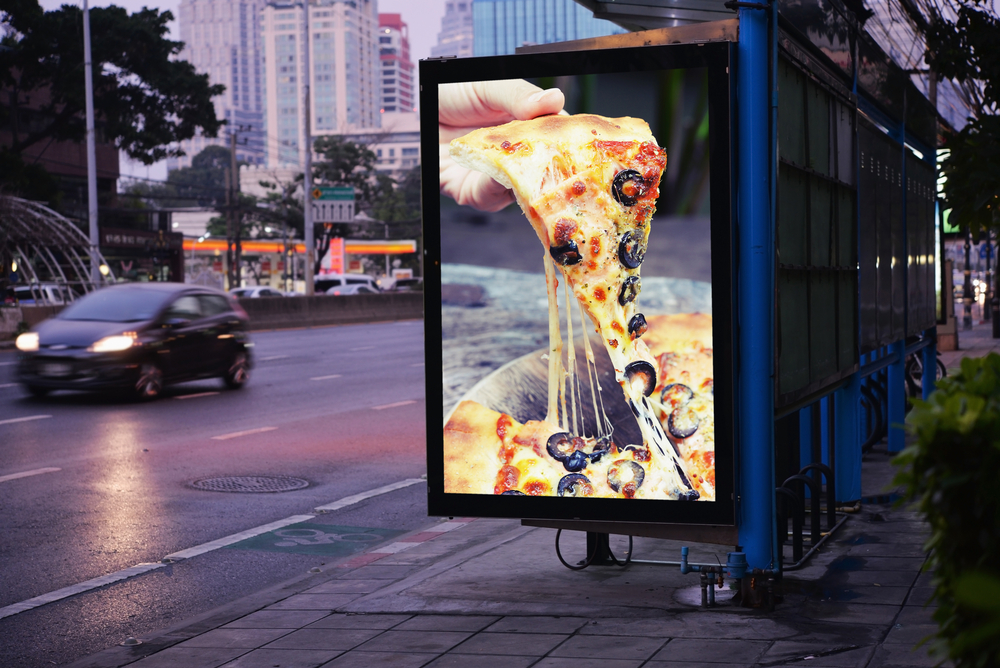Written by Sophie Ringer
It’s no secret – we all know that marketing can be very persuasive. They draw you in with sneaky tactics and savvy advertising strategies until, before you can stop yourself, your wallet becomes a little (or a lot) lighter. But just how do they do this? You may think you have total dominance over your choices, but most of our daily decisions are made subconsciously. No matter how aware we may be, we are quite susceptible to being persuaded. So how much do these advertisers influence you? Here are a few common tricks to be aware of that advertisers use:
Fear: Fear is a distressing emotion and quite easy to tap into. Advertisers use fear in an attempt to pull you in with threats and dangerous statistics. The advertisers will tell you that without their products or services, you will fail. Or that, made possible by their product, your life won’t reach an otherwise inevitable disaster. Skin products that reverse aging and hair products that increase hair growth are common markets that utilize fear to motivate buyers to sell their product.
Deceptive Words: Deceptive words build an illusion of promise but allow the advertiser to weasel out of the deal. For example:
- “Lose up to 20 pounds in a month” (suggesting that you will lose twenty pounds yet zero is still in that range.)
- “Product is clinically tested to be more effective” (Notice advertisers don’t mention what is more effective.)
- “Eight out of ten doctors agree” (How many doctors were surveyed? What determined what doctors were surveyed? Were the doctors compensated for being interviewed? These are important things to know in order to trust the statistics.)
Powerful Words And Influential People: Advertisers frequently use words, phrases, or pictures to grab the consumer’s attention. For example, advertisers love to use words like: all natural, amazing breakthrough, proven results, and money-back guarantee. Pictures and videos of beautiful people are also powerful tools used. Movie stars and models are no strangers to advertisements. The underlying message is that their product will make you look beautiful like the model in the advertisement.
Humor: Humor may come as a shock, but it’s a huge tactic used to sell various products. Laughter is associated with positive emotions, therefore, when you have positive emotions towards something you are more likely to engage in it, and consider purchasing it. Skittle advertisements are built around the candies colorful profile, you’ve probably heard their platform: “taste the rainbow”. Like their colorful candy, Skittles spreads the message that with the taste of the rainbow your life can be just as colorful and amusing.
Trust: Consumers are going to enlist in things that they trust. Now, advertisers have taken it one step further. Advertisers aim to get in your circle of friends. Once a product or service is a topic of conversation between friends or has been used by your friend you are more likely to trust and buy it.
Don’t be fooled by advertisers! Be smart and do your research!
Resources:
Butler, J. T. (2012). Consumer health: making informed decisions.
https://www.thebalance.com/10-ways-advertisers-persuade-you-to-buy-4084767
https://www.wired.com/2014/06/5-hidden-visual-tricks-advertisers-use-to-sell-you/
